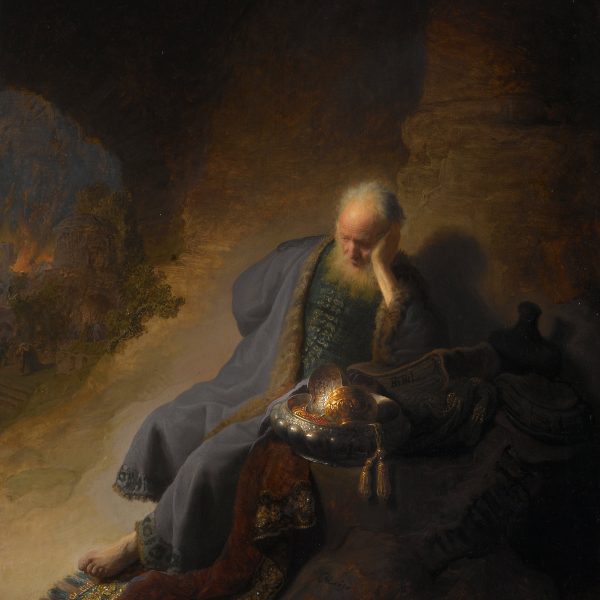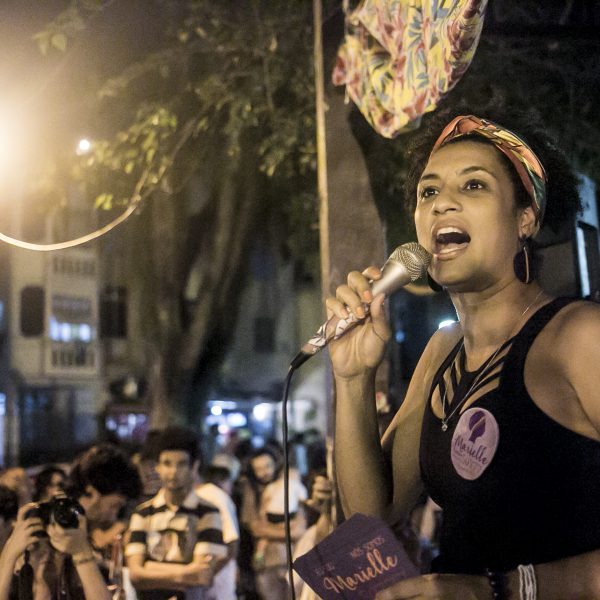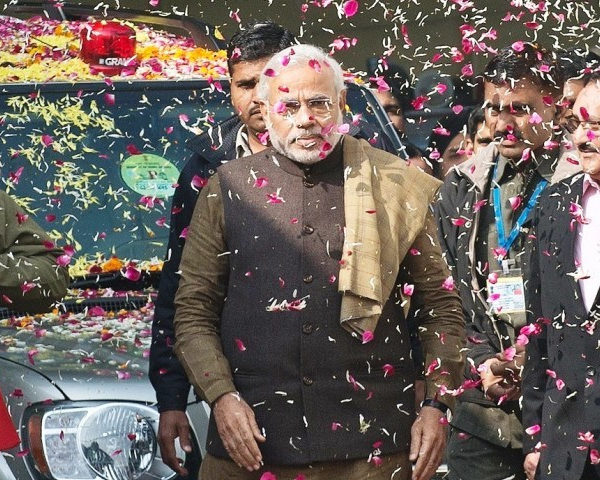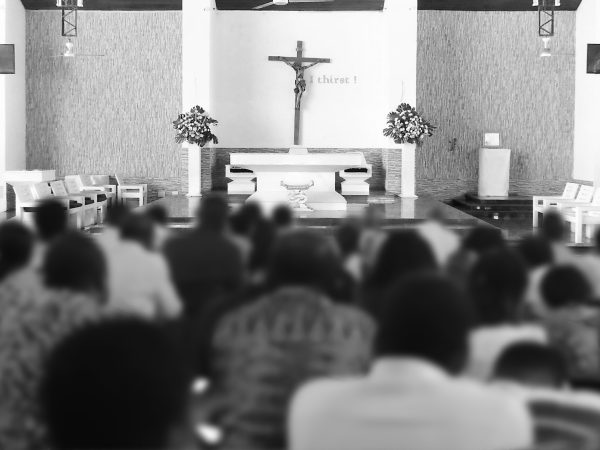
Worship, with its “meaning-laden symbols, repeating rituals, sacred texts, shared song, prescribed prayers, re-enacted narratives,” has a way of moving the worshiper away from what is proscribed to what is prescribed; in effect, from the vices of corruption to the virtues that promote the common good.

If we put Amos’ critique in more contemporary language, the “trampling” and “levies of grain” decried in 5:11 are the twin burdens of rents and fees, which often led to cycles of impoverishment and debt slavery. The lifestyles of the rich are financed by extracting from the poor.
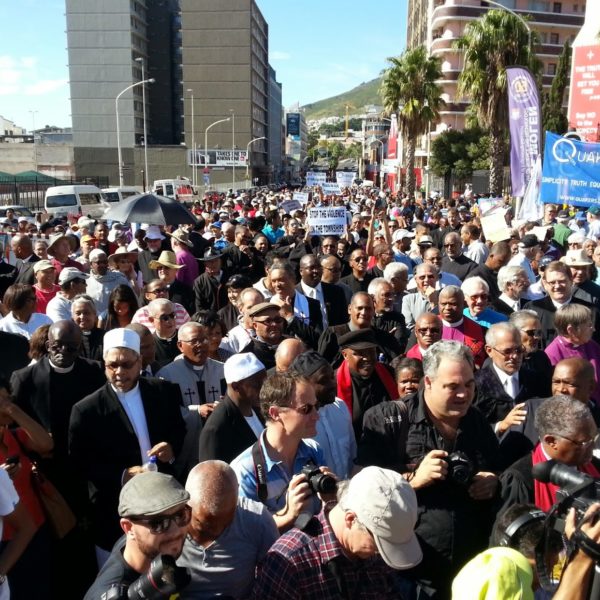
And so it was this past Easter Saturday that thousands of South Africans, supported by religious leaders, “evoke[d] the spirit of the 1980s, when the faith community intervened to promote and defend democracy.”[2] Leading the procession was the Anglican Archbishop of Cape Town, Thabo Makgoba.
